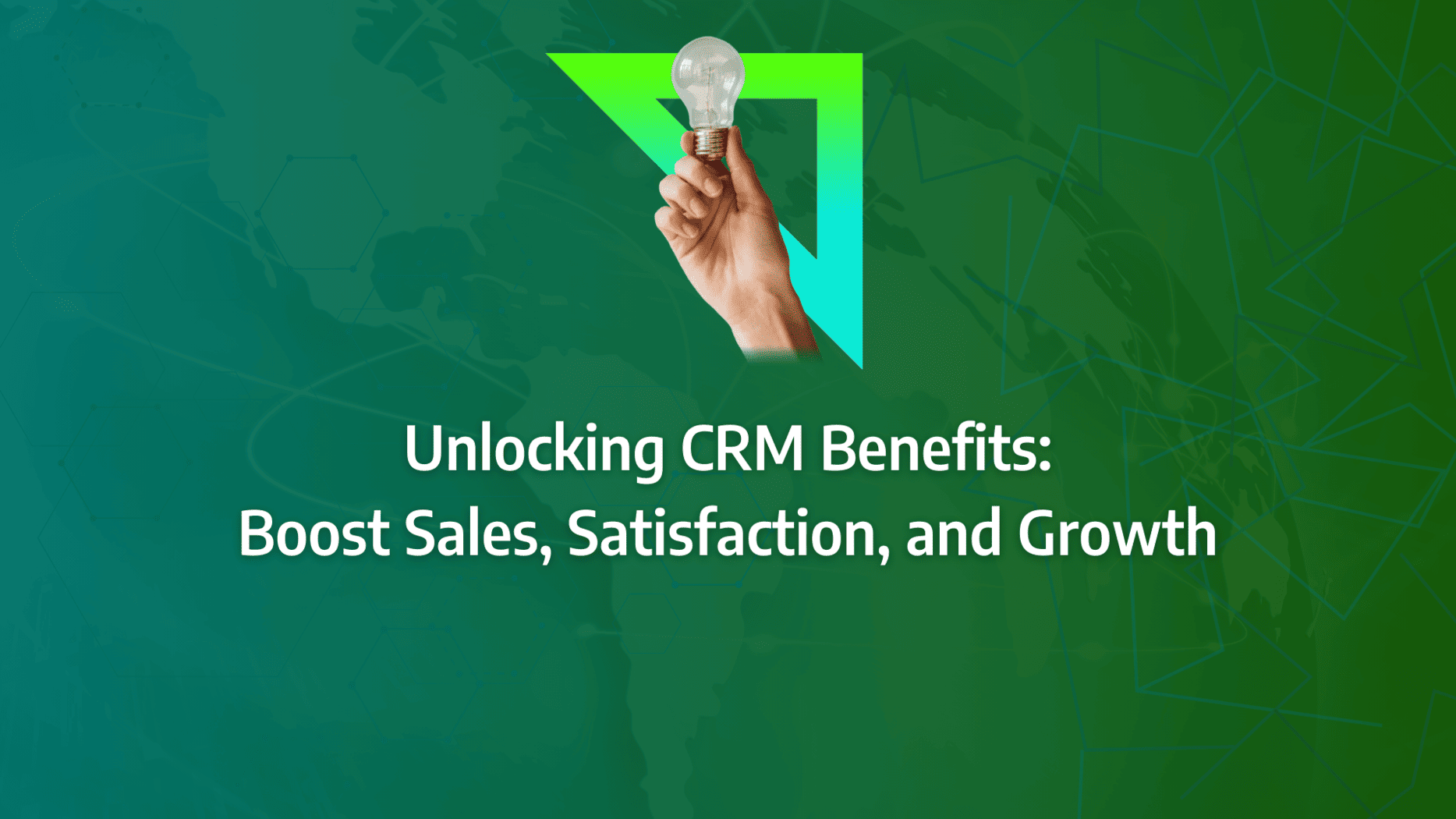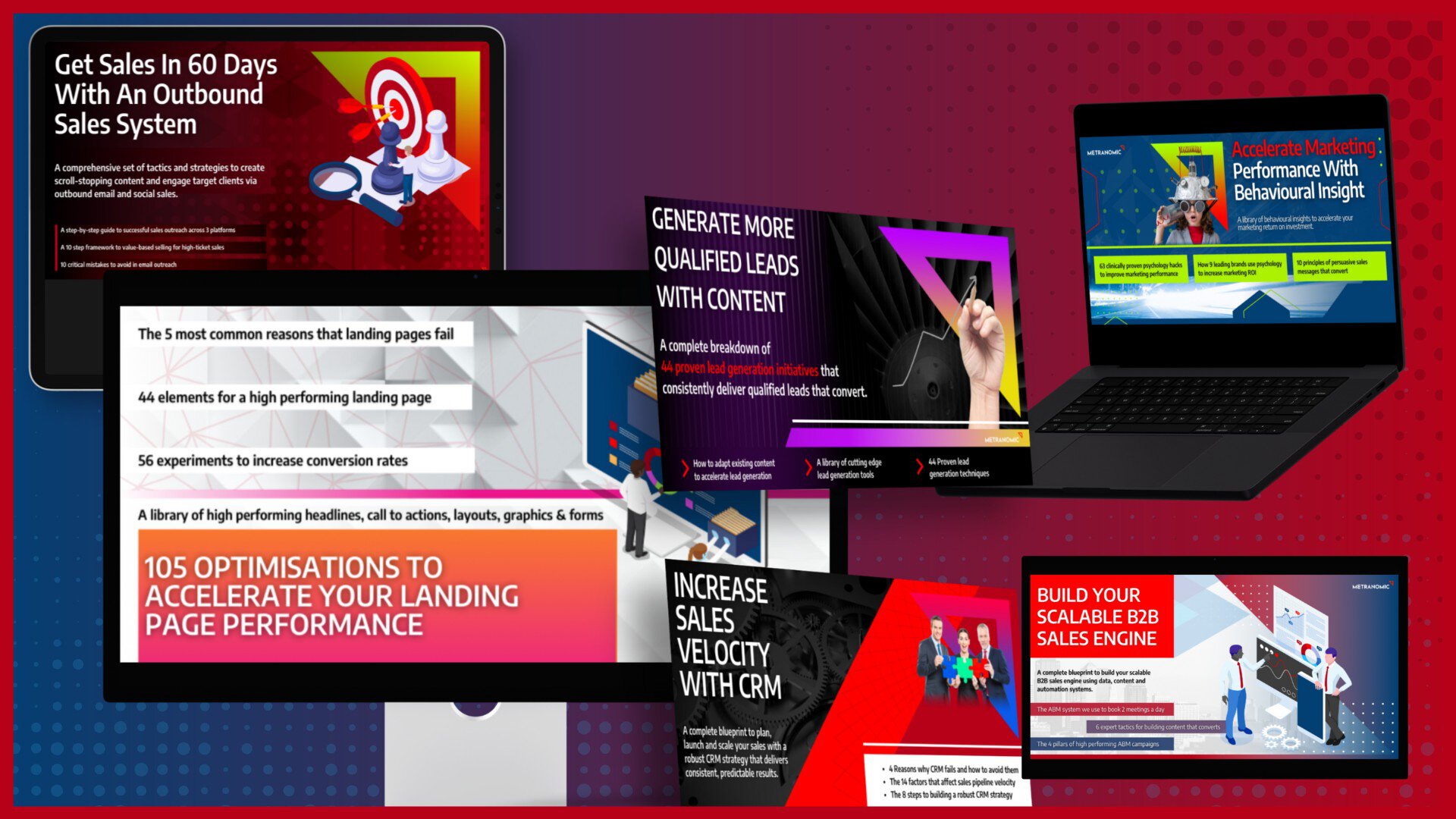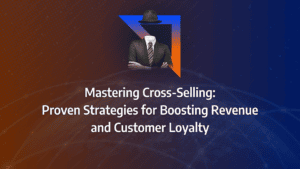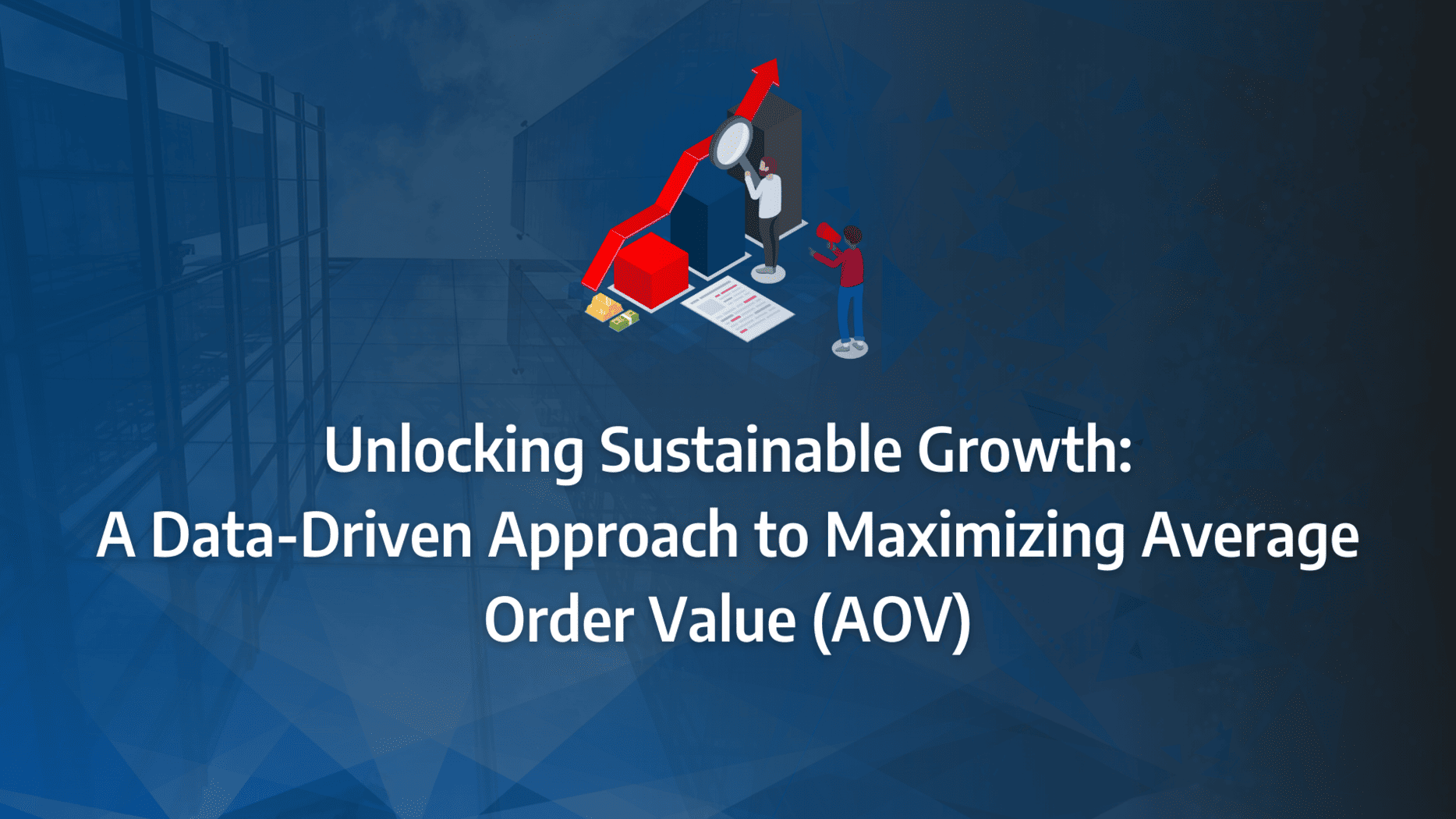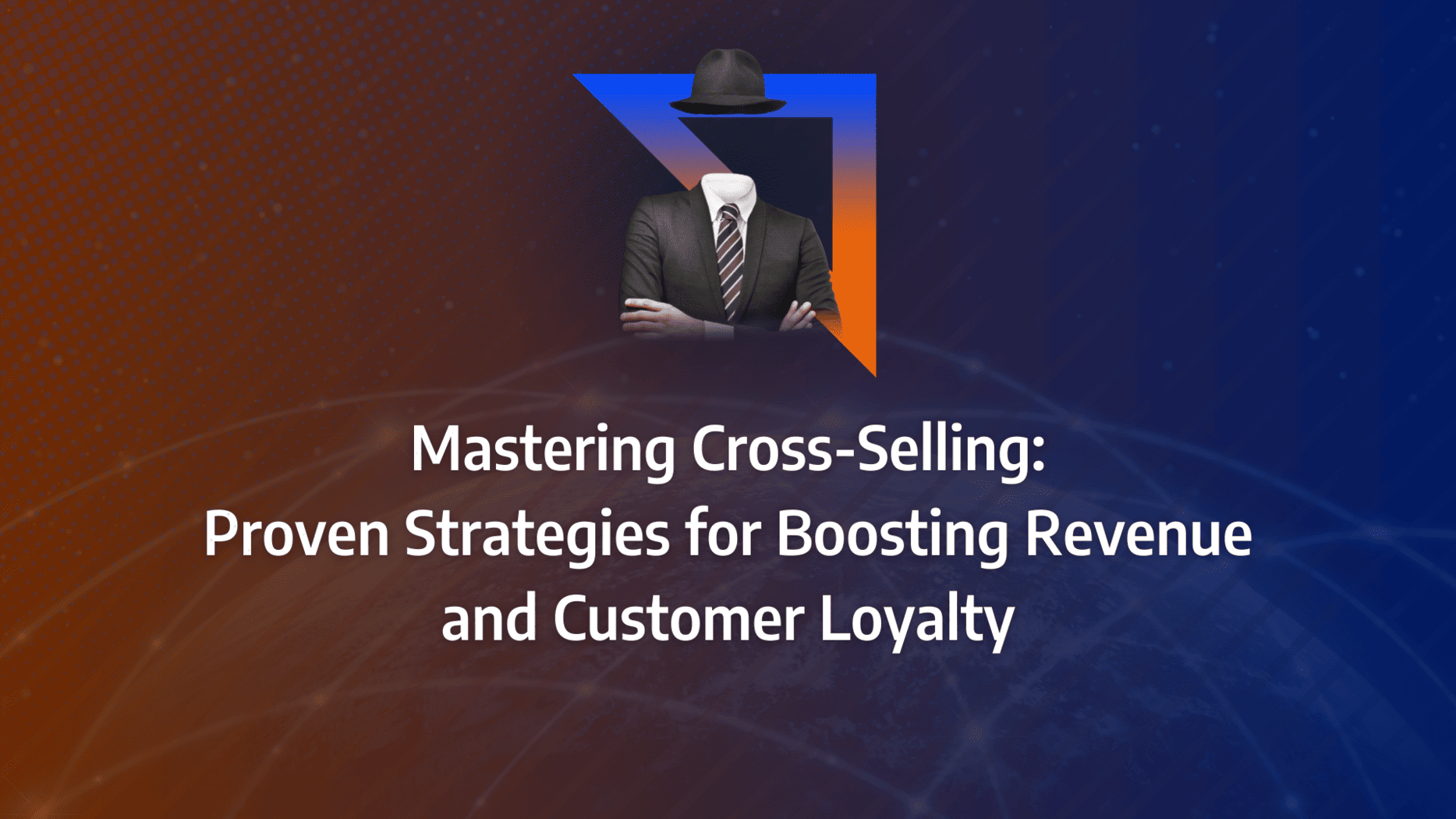Are you struggling to keep up with customer interactions and sales processes? In today’s competitive market, managing these aspects effectively can make or break your business. Enter CRM (Customer Relationship Management) systems—a game-changer for organisations looking to streamline workflows, boost customer satisfaction, and drive revenue growth.
By integrating a CRM into your operations, you can transform how you interact with customers, making your processes more efficient and your strategies more data-driven. In this post, we’ll explore how businesses just like yours have leveraged CRM systems to overcome common challenges and achieve remarkable results.
- Streamline Workflows: Implementing a CRM system can automate repetitive tasks, significantly increasing efficiency and allowing your team to focus on higher-value activities.
- Enhance Customer Satisfaction: By tracking customer interactions and preferences, CRMs enable more personalised communication, leading to higher levels of customer satisfaction and loyalty.
- Drive Sales Growth: CRMs provide powerful tools for managing leads and tracking sales activities, directly contributing to increased revenue and business growth.
- Data-Driven Decision Making: With a centralised repository of customer data, CRMs support informed decision-making, refining your marketing strategies and improving sales outcomes.
- Improve Team Collaboration: CRMs foster better communication and collaboration across departments, ensuring that all teams are aligned in their customer engagement efforts.
- Overcome Adoption Challenges: The blog provides practical solutions to common CRM adoption challenges, such as resistance to change and data migration issues, ensuring a smoother implementation process.
What Can a CRM System Offer Your Business?
Fundamental Functionality of CRM Systems
In today’s competitive landscape, seamless operation across all departments is crucial for business success. One of the core CRM benefits is its ability to centralise data, enabling every employee to access a unified database that offers a comprehensive view of each customer. This centralisation is not merely a convenience but a strategic advantage, allowing businesses to harness detailed customer insights that drive informed decision-making.
A robust CRM solution goes beyond simple data management; it facilitates communication with customers across all channels—whether by phone, email, or social media. Additionally, CRM systems empower teams to collaborate through a single interface, enhancing internal communication and ensuring that everyone is aligned on customer interactions and strategy.
Furthermore, CRM systems enable continuous analysis of the accumulated data, providing the foundation for making data-backed decisions that shape the future strategy of the organisation. By leveraging these insights, businesses can accurately forecast sales, identify potential bottlenecks, and address issues before they escalate into significant problems. This proactive approach is among the key advantages of CRM, helping organisations maintain agility and responsiveness in a dynamic market.
Source: IBM
Types of CRM Software and Their Advantages
When selecting a CRM system, companies must consider the deployment method that aligns best with their business objectives. While on-premise CRM software might suit organisations with stringent security requirements, the flexibility and scalability of cloud-based CRM systems offer significant advantages of CRM that should not be overlooked.
On-premise CRM requires the upfront purchase of licenses and is hosted on the company’s servers. This option is ideal for businesses with rigorous security policies. However, it demands considerable IT resources for implementation and ongoing maintenance. While vendors provide technical support, the responsibility for the system’s flawless operation and data security ultimately falls on the company.
Conversely, software-as-a-service (SaaS), also known as cloud or on-demand CRM, stores data on the vendor’s servers. This model offers users continuous access to the system from any location, with the vendor taking full responsibility for system updates, support, and seamless operation. The scalability of cloud-based CRM is another significant CRM benefit, allowing organisations to expand functionality effortlessly as business needs evolve.
The only requirement for accessing a cloud-based CRM system is a reliable internet connection, alongside an affordable monthly or annual subscription fee. This combination of accessibility, scalability, and reduced IT burden makes cloud CRM an increasingly popular choice for businesses looking to optimise their operations and stay ahead in a competitive market.
What Matters Most?
Aligning your CRM strategy with overall business objectives often results in improved customer loyalty and experiences. We frequently find that viewing CRM not merely as a database but as a tool for customer engagement fosters deeper connections. Focusing on a seamless customer journey across all touchpoints is crucial, as it helps maintain consistency and enhances overall satisfaction.Get In Touch
Why Should You Consider CRM?
Cloud-Driven Mobility
In an era where remote working and flexible schedules are becoming the norm, the ability for sales teams to access client data from any location is invaluable. One of the standout CRM benefits is its cloud-driven mobility, which allows sales professionals, especially those within smaller businesses, to stay connected with their customers regardless of where they are.
As more CRM systems migrate to the cloud, sales representatives gain the flexibility to access contact details, pipeline data, and critical customer information from virtually anywhere. The advancements in information security, data mobility, and mobile app development have only enhanced this capability, making it possible for sales teams to monitor lead pipelines from the comfort of their homes or review account updates just before a critical on-site meeting. This level of accessibility ensures that businesses remain agile and responsive, capitalising on every opportunity to engage with customers.
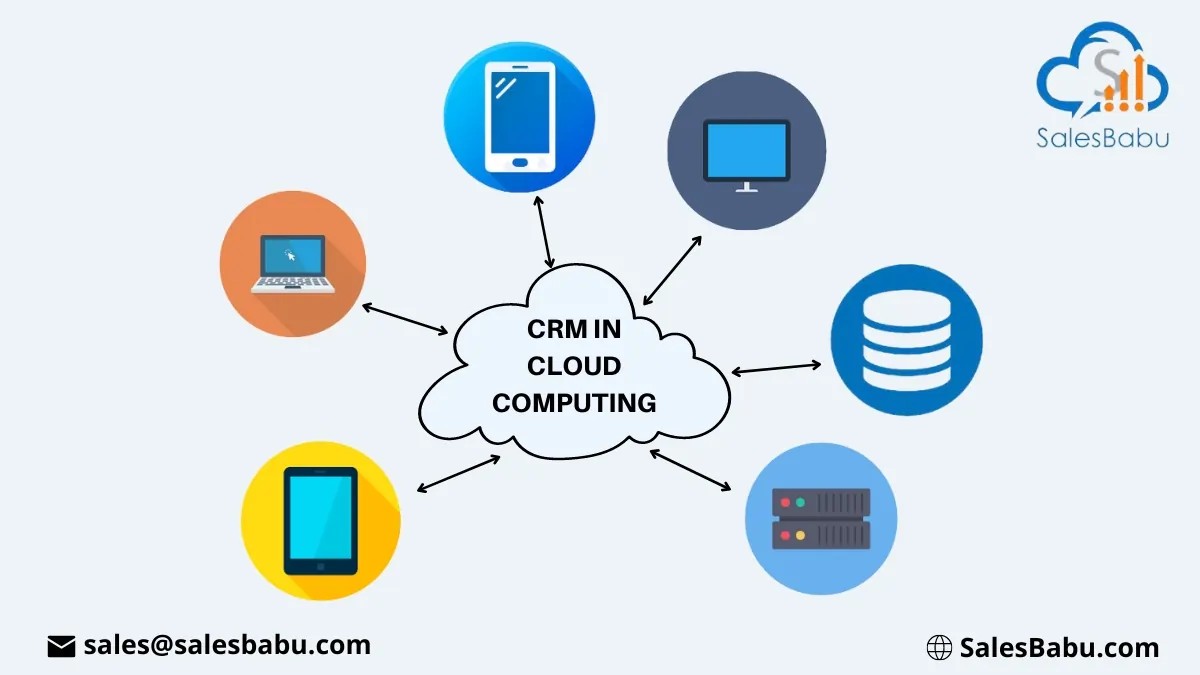
Seamless Integration with Other Tools
Another significant advantage of CRM systems lies in their ability to integrate seamlessly with other tools and software. Modern CRM platforms often come equipped with native integrations, providing teams with a streamlined, plug-and-play experience. For instance, instead of the cumbersome process of exporting marketing-qualified leads (MQLs) from a marketing automation tool, reformatting the data, and then manually uploading it into the CRM, these platforms allow for direct connections. Through API-driven communication, data is shared efficiently between tools, ensuring that your CRM remains the central hub of all customer interactions.
This integration capability not only simplifies processes but also enhances the accuracy and timeliness of the data being used, allowing teams to make more informed decisions. The automatic synchronisation of data between systems reduces the potential for errors and ensures that your sales strategy is always based on the most up-to-date information.
Single Centralised Sales Data Source
One of the most crucial CRM benefits is the ability to centralise and streamline sales data within a single platform. Historically, sales teams have relied on various spreadsheets, each containing different levels of detail and accuracy. This fragmented approach often led to inconsistencies and inefficiencies in decision-making.
With a software-as-a-service (SaaS) CRM, all customer information is housed in one centralised system. This not only eliminates the need for manual data updates but also ensures that the entire team has access to the same comprehensive dataset. Automatic logging of updates and interactions means that decisions can be made swiftly and with greater precision, enhancing the overall effectiveness of the sales process. By centralising sales data, businesses can maintain consistency, improve collaboration among team members, and ultimately drive better outcomes.
Our Tactical Recommendations
Integrating your CRM with other business systems can significantly enhance operational efficiencies, streamlining workflows across departments. Clients often discover that leveraging CRM analytics helps identify upselling and cross-selling opportunities, driving revenue growth. We recommend regularly updating your CRM system and maintaining data hygiene, as this is essential for ensuring accurate insights and effective customer interactions.Get In Touch
What are the main benefits of a centralised CRM database for my business?
1. Centralise Your Sales Organisation’s Database: A core CRM benefit is its ability to maintain a centralised database across your sales organisation. With all prospect information stored in one place, your team can quickly access and manage data over any time period, facilitating cross-team collaboration. This central repository eliminates the inefficiencies of sifting through disparate files and records, empowering your reps to find the information they need swiftly and close deals more effectively.
2. Manage All Communication and Interactions with Prospects: CRM systems offer the advantage of managing all communications, both internal and external, within a single platform. Whether it’s a conversation between sales reps or interactions with prospects, a CRM tracks every email, phone call, and meeting, ensuring nothing slips through the cracks. For example, the system will remind a rep to follow up with a prospect or confirm whether specific resources have been sent, streamlining the sales process and enhancing customer engagement.
3. Automate Data Entry: One of the significant CRM benefits is the automation of data entry, freeing your team from the tedium of manually logging emails, calls, and meetings. The system automatically collects and aggregates all relevant information, allowing reps to update deals according to their stages. The CRM then handles the rest—whether it’s weighting opportunities or visualising pipeline data—keeping the process efficient and reducing the administrative burden on your team.
Source: Finances Online
4. Receive Timely Follow-Up Reminders: A CRM system monitors all prospect activity and provides timely reminders for follow-ups, ensuring your reps engage with prospects at the optimal time. By scheduling contact when it’s most beneficial for the prospect, your team increases the likelihood of converting leads into customers, enhancing the overall effectiveness of your sales efforts.
5. Organise Contact Data Efficiently: CRM systems simplify the organisation of contact data, allowing your team to track every interaction, regardless of the buyer’s journey stage. Reps can easily see whether a contact has visited your website, downloaded content, or engaged with another team member. Additionally, all notes and communications are stored and searchable within the CRM, ensuring that no valuable information is lost.
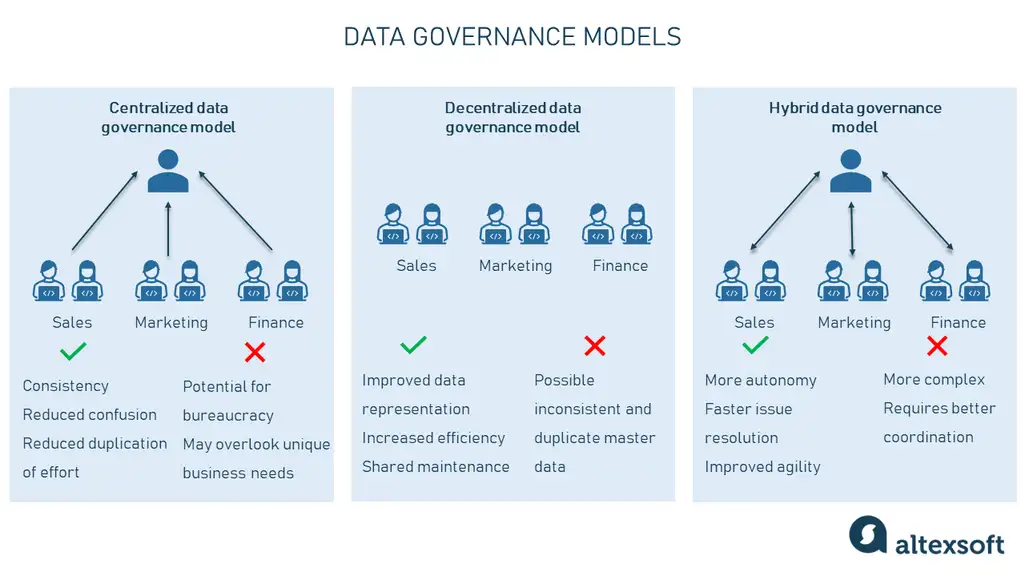
6. Segment Your Customers for Targeted Outreach: Another advantage of CRM systems is the ability to segment your customer base based on specific criteria. Whether by location, company size, or deal stage, your reps can create targeted lists for more effective outreach. This segmentation ensures that your team positions their communication appropriately for each segment, thereby increasing the probability of conversion.
7. Generate Comprehensive Sales Reports: CRM systems enable your team to collect and organise data on prospects and deals through robust reporting features. With sales dashboards and detailed reports, reps can automate and manage their pipelines more effectively, track personal performance, and align their efforts with organisational goals. Sales managers and organisational leaders can also use these reports to monitor quota attainment and revenue generation.
8. Automate Sales Performance Forecasting: Effective sales planning relies on accurate forecasting, and CRM systems provide the tools necessary to achieve this. By pulling in key metrics like monthly recurring revenue (MRR) and year-over-year (YOY) growth, your sales leaders can identify trends and develop performance-related forecasts. Furthermore, CRMs highlight the most profitable lead sources, enabling team leaders to adjust pipeline estimates and refine strategies as needed.
9. Scale Sales Processes as Your Business Grows: As your business expands, a CRM system scales with you, providing a consistent platform for tracking leads, prospects, and customers over time. CRMs also allow for the review of specific sales activities, such as emails and meetings, helping sales managers identify patterns and areas for improvement. This scalability ensures that your sales processes remain effective and adaptable as your organisation grows.
10. Facilitate Team Communication: Effective team communication is crucial for maintaining a unified brand image and achieving sales targets. A CRM system enhances communication within your sales organisation by allowing reps to tag colleagues on deals, reassign leads with ease, and conduct all necessary internal discussions within the CRM platform. This integrated communication approach ensures that your team works cohesively and stays aligned with overall business goals.
11. Support Organisational Growth with Scalable Software: A CRM system not only supports your sales team but also grows with your entire organisation. As your business expands, the CRM adapts to handle more leads, organise additional contact information, and record an increasing number of interactions. Beyond sales, other departments, such as customer service and marketing, can leverage CRM data to personalise content, tailor communications, and improve customer experiences.
12. Streamline Administrative Tasks: CRM systems greatly reduce the time spent on administrative tasks by automating data entry, managing email chains, and recording conversations. By simplifying these processes, your reps can focus more on high-impact activities that drive revenue. Although administrative tasks may not directly contribute to sales, optimising them frees up time and resources, enabling your team to engage more effectively with leads and prospects.
